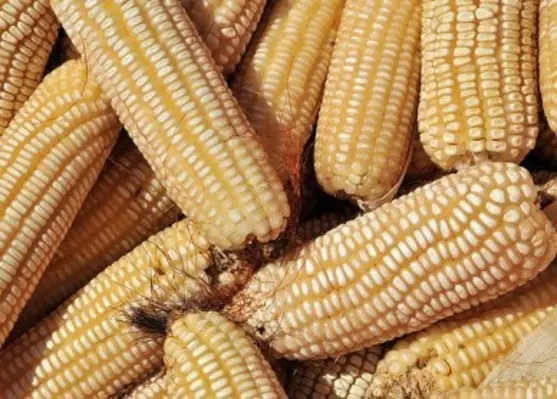Climate change is expected to have a serious impact on Asias wheat and maize production as early as the 2020s – with a potentially devastating effect on food security, a report warns.
Published by UK-based Centre for Low Carbon Futures, the report – ‘Food Security: Near future projections of the impact of drought in
The report averaged the projections from 12 global 'state-of-the-science' climate models and found that, compared with the 1990–2005 period, the 2020s will witness increasingly severe droughts across much of
This is already a concern in many parts of
"
"We predict that their wheat and maize harvests will be strongly affected by droughts, unless states and communities can quickly adapt their agricultural practices."
The report recommends a series of policy measures to implement over the coming decade, including: immediate action to improve water resource management; the adaptation of farming practices, such as alternating planting dates; and more efficient use of fertilizers and pesticides.




